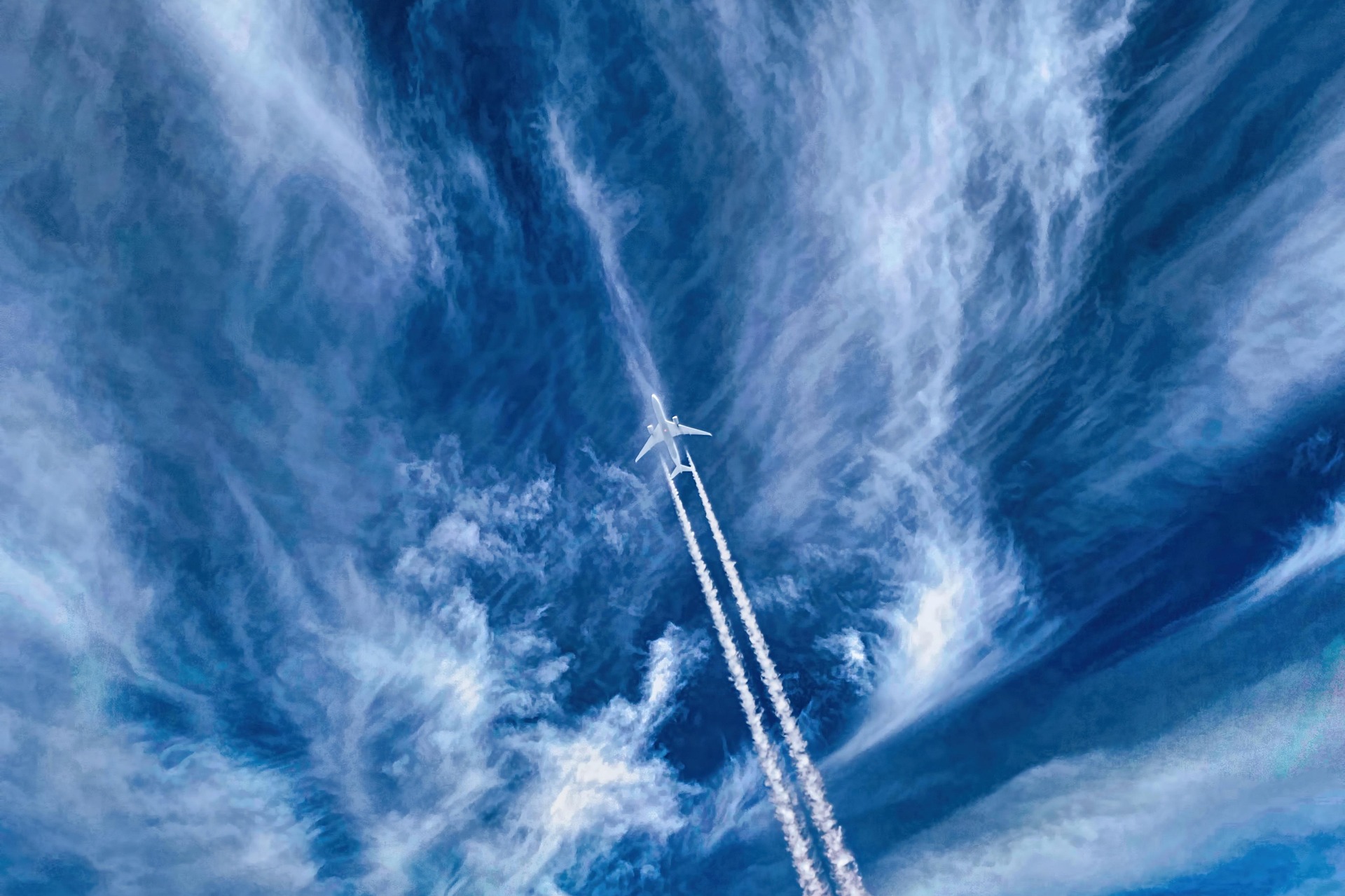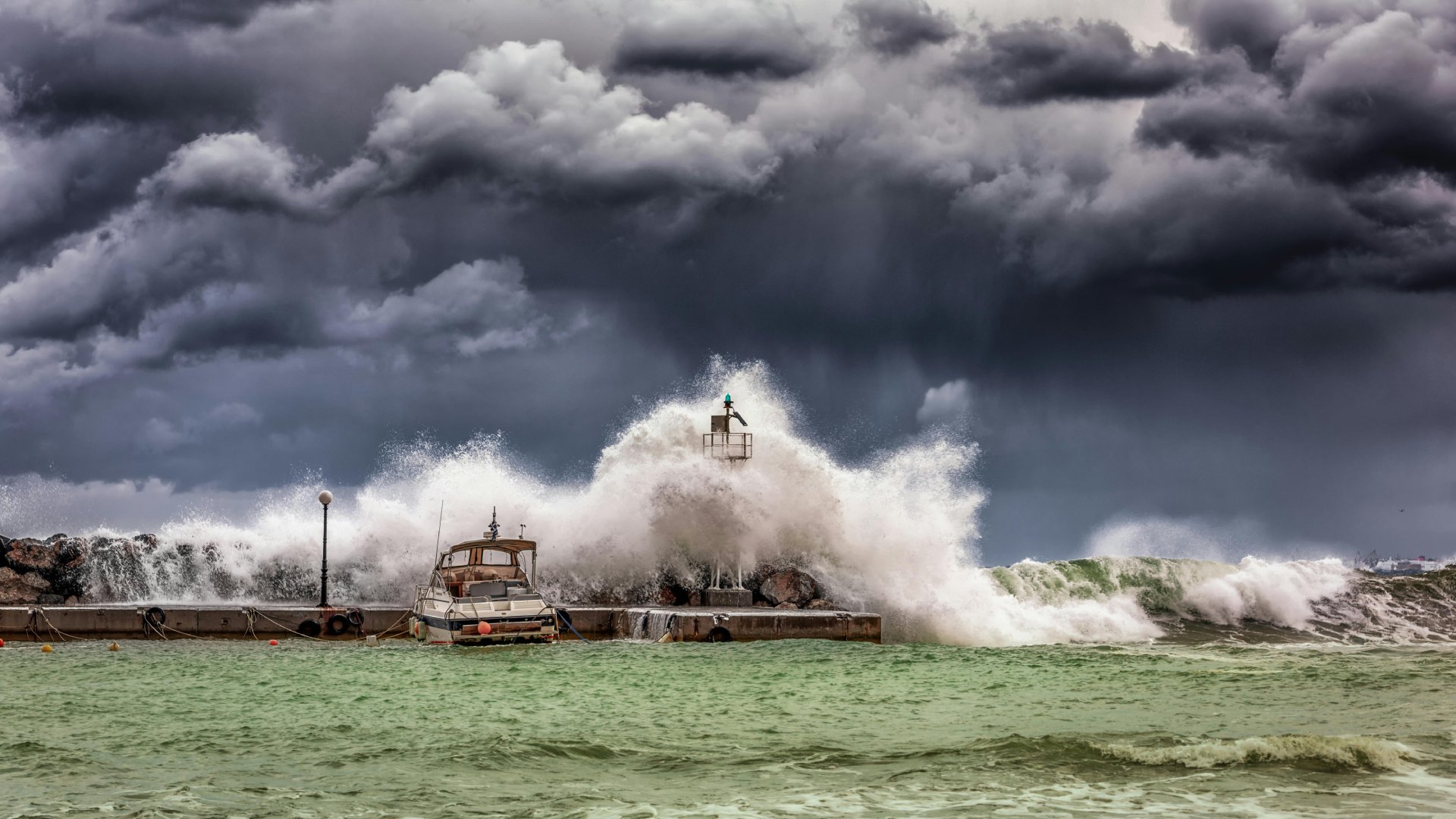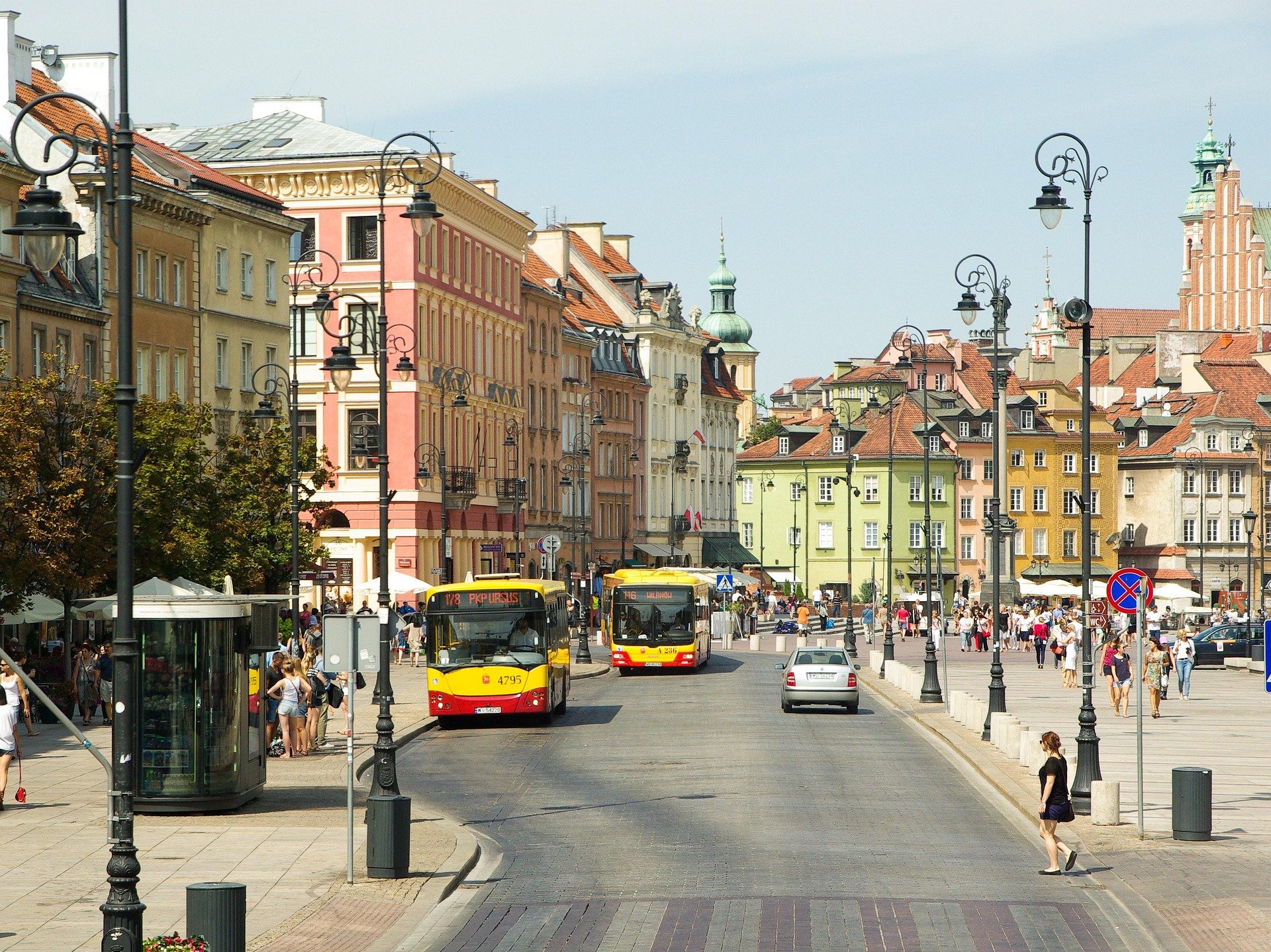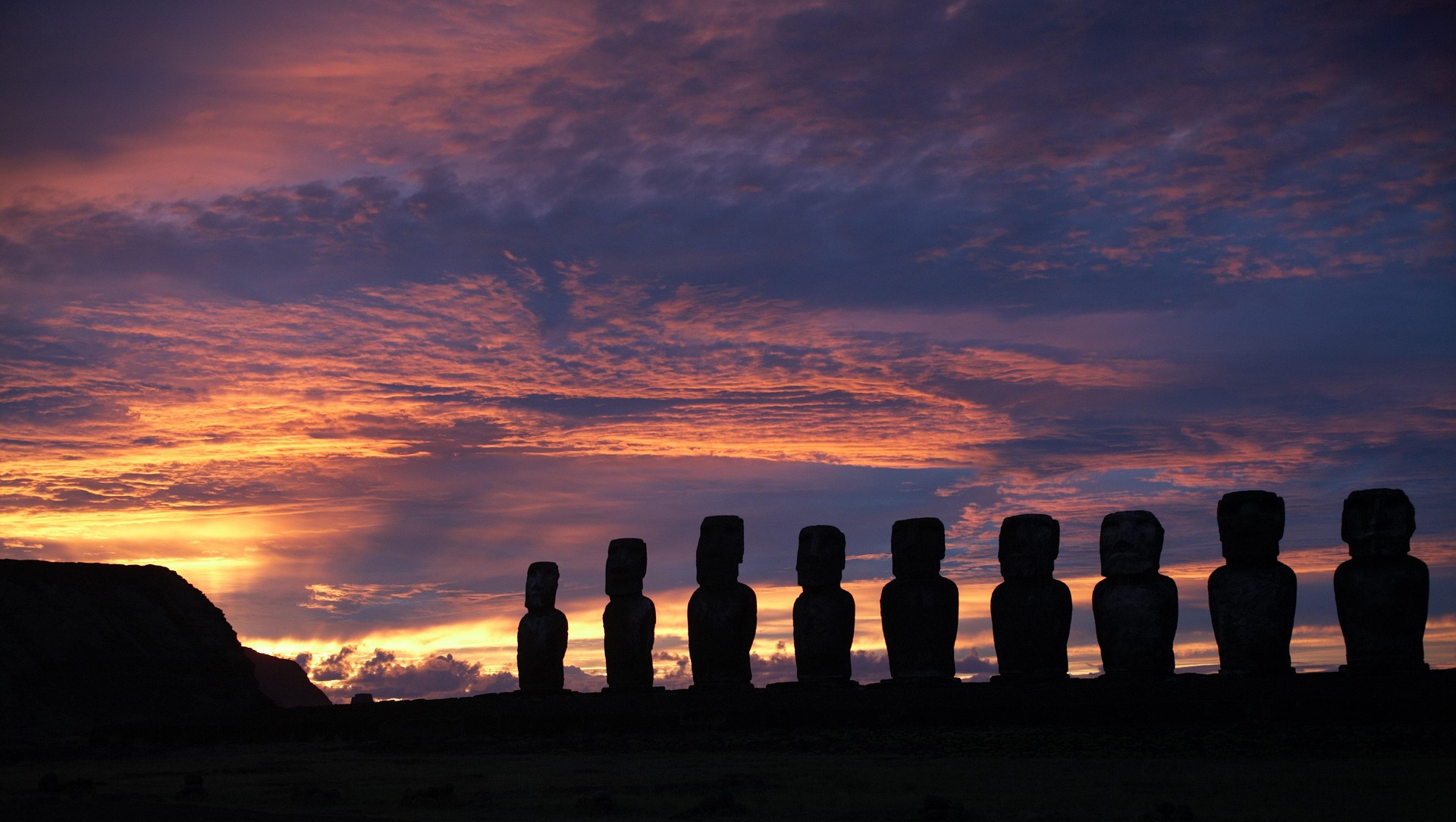Article Highlights:
- Risky Travel Declines Sharply – 59% of travelers are avoiding riskier destinations in 2025, a 145% increase from 2023, indicating a growing preference for safety and stability.
- AI Usage in Travel Planning Rises – While 59% of travelers still avoid AI, its adoption has increased significantly since Fall 2024, with most users relying on it for itineraries, research and activity suggestions.
- Solo Travel Remains Popular – 35% of travelers plan to travel solo in 2025, with 60% planning at least one solo trip, reinforcing the trend of independent travel.
- Safety Tops Travel Priorities – Half (50%) of experienced travelers rank safety as the most important factor in choosing an international destination, outweighing cost, weather and accessibility.
- Travel Industry Poised for Growth – 61% of travelers believe the industry will not only recover fully but surpass pre-pandemic levels, signaling strong confidence in future travel opportunities.
The travel landscape is shifting dramatically in 2025. According to the Global Rescue Winter 2025 Traveler Sentiment and Safety Survey conducted between January 21-27, 2025, travelers are approaching their adventures with newfound caution, embracing technology in new ways and adjusting their trip-planning priorities. From a sharp decline in risky travel to the increasing role of artificial intelligence in trip planning, here’s what travelers need to know about the evolving travel landscape.
Risky Trips Nosedive
The desire for high-risk travel adventures is plummeting. More than half of surveyed travelers (59%) have no plans to visit riskier destinations in 2025. This represents a 145% spike in risk aversion when compared to just 24% of travelers who avoided riskier destinations in 2023.
Only 22% of travelers are planning high-adrenaline adventures this year – a significant 35% drop from the 34% who anticipated riskier trips in 2023.
“The data reflects a growing trend where travelers are prioritizing safety and predictability over thrill-seeking experiences,” said Dan Richards, CEO of The Global Rescue Companies and a member of the U.S. Travel and Tourism Advisory Board at the U.S. Department of Commerce. “Concerns about global instability, extreme weather, and health risks have led many travelers to rethink their destinations.”
AI’s Role in Travel Planning
Artificial intelligence is beginning to play a larger role in travel planning, although most travelers are still hesitant to fully adopt it. While 59% of travelers report that they will not use AI for their 2025 trip planning, this marks a 34% decrease from Fall 2024, when 90% avoided AI entirely.
Among those who do use AI, the majority rely on it for:
- General itineraries (82%)
- Basic destination research (79%)
- Activity suggestions (61%)
- Transportation and lodging recommendations (54%)
- Dining and restaurant suggestions (45%)
“The adoption of AI in travel planning is still in its early stages, but it’s clear that more travelers are exploring how AI-powered tools can simplify decision-making,” said Richards. “The real impact of AI will depend on how well it balances personalization with reliability.”
Solo and Group Travel Preferences
Family and friend group trips continue to dominate the travel space in 2025, with:
- 64% of travelers vacationing with family
- 38% traveling with friends
- 19% combining family and friends on the same trip
Meanwhile, solo travel remains a popular trend. 35% of travelers are planning to go completely solo, while 16% will travel solo but within an organized group of strangers.
When it comes to solo travel frequency:
- 60% plan at least one solo trip
- 42% expect to take one or two solo trips
- 12% plan three to four solo trips
- 6% are planning five or more solo trips
- 40% have no solo travel plans
Solo travel continues to be driven by a desire for self-discovery, flexibility and personal growth, but safety concerns remain a key consideration for those traveling alone.
Traveler Behaviors and Priorities
For experienced travelers, comfort and security remain top priorities. When it comes to premium travel upgrades, the most sought-after enhancement is a first-class flight upgrade (68%). Other desired upgrades include:
- Hotel suite upgrades (16%)
- Complimentary airport lounge access (10%)
- Luxury car rental upgrades (1%)
- Premium seating for events or concerts (1%)
Safety remains the number-one factor influencing international travel decisions, with 50% of travelers prioritizing safety over cost, weather, accessibility, and language barriers. Other major considerations include:
- Cost (19%)
- Weather conditions (15%)
- Ease of travel logistics (13%)
- Potential language barriers (3%)
Additionally, seasonal travel preferences remain fairly stable:
- 51% of travelers are maintaining a balance between peak and off-peak travel
- 22% are traveling only during shoulder (off-peak) seasons
- 19% will primarily travel off-peak but with some peak-season trips
- Only 5% are planning exclusively peak-season travel
Top Trip-Killers
While travelers are more eager than ever to explore the world, certain challenges continue to derail travel plans. The top trip-disrupting factors include:
- Major health issues (35%)
- Flight cancellations (25%)
- Poor planning (11%)
- Overly ambitious itineraries (8%)
- Bad weather (8%)
Other potential travel frustrations include financial constraints, inflexible schedules, miscommunication with travel companions, loneliness, and cultural misunderstandings.
The Travel Industry’s Future
The global travel industry suffered a 75% drop in value in 2020, but it has been making a remarkable comeback. According to the survey:
- 61% of travelers believe the industry will continue to grow and surpass pre-pandemic levels
- 26% think it will recover fully and then stabilize
- Only 4% believe it will fail to fully recover and may decline
“The travel industry is in a strong position to exceed pre-pandemic growth,” said Richards. “With increased consumer confidence, better travel infrastructure and evolving technology, we’re looking at an era of unprecedented travel opportunities.”
As 2025 unfolds, travelers are becoming more risk-conscious, technology-savvy and selective about their experiences. While adventure-seeking has declined, comfort, safety and strategic trip planning are now top priorities. AI is beginning to play a more prominent role in travel decision-making, and solo travel continues to be a major trend.
With the travel industry poised for continued growth, travelers can expect an exciting year ahead – one where safety, personalization and smarter travel planning will define the journey.









